If you’re interested in science, Wheaton College can help you follow some.
The Massachusetts school has issued a language guide for professors.
Under the heading of “Natural Sciences,” the instructions explain, “Gender identity has a complicated relationship to biology and bodies.”
It’s about assignment:
[T]ransgender people identify with a sex/gender other than what they were assigned at birth, and frequently (but not always) physically alter their bodies as part of their transition. And intersex people, who make up a significant minority of all births (estimated to be as common as one in every 100 births), disprove the “naturalness” or inevitability of two exhaustive and mutually exclusive sex categories.
Stick to science:
Instructors in the natural sciences who teach about sex differences, sexuality, and/or reproduction may wish to consider using terms that are both more precise and which better account for these bodies and experiences.
Three examples are provided:
- Penis/testes/vulva/clitoris/etc. instead of “male genitalia” and “female genitalia”
- Assigned [male/female] at birth (AMAB or AFAB), instead of “born female” or “biological male”: acknowledges that which physical characteristics we use to assign sex at birth are determined by social norms and technological capabilities (in the U.S., for example, we rarely test hormone levels or chromosomes unless physical genitalia appear ambiguous), as well as the fact that this is an assignment, not the individual’s own self-identification.
- People with uteruses/people who menstruate/pregnant people/etc., instead of “women” or “females”: helps to specify the relevant organs or biological processes, instead of making assumptions about the identities of the people in question. “People with uteruses,” then, would include most (but not all) cisgender women, as well as many transgender men and nonbinary AFAB people. This specificity matters for trans and nonbinary students in class, but also for anyone who, for example, might become a healthcare worker — inability to access competent and sensitive medical treatment (not just transition-related health care, but also basic preventive and acute medical care) is a persistent problem for transgender people.
Though wokeness is all about language, it appears at odds with its purpose. In the past, logophiles augmented their glossary of terms to become more 1. clear and 2. concise. These days, we’re being told to keep vocabulary at a minimum.
For thousands of years, human beings have considered a definition and then sought a word to its effect; it now seems the opposite is required.
So for maximum compliance, stop learning words. Moreover, delete what you can.
Use “four-wheeled automotive vehicle designed for passenger transportation” rather than “car.”
And refrain from employing “elephant;” simply say or write this:
a thickset, usually extremely large, nearly hairless, herbivorous mammal (family Elephantidae, the elephant family) that has a snout elongated into a muscular trunk and two incisors in the upper jaw developed especially in the male into long ivory tusks
But definitions contain words, and those words themselves have definitions. Perhaps eventually, we’ll attain complete wokeness and only draw.
For the time being, never succinctly refer to people with periods.
Wheaton’s guide — called “The Gender-Affirming Classroom” — also advises teachers not to “correct students’ use of the singular ‘they.'”
Furthermore, “Be mindful of respecting the pronoun a person requests that you use — not everyone who identifies as nonbinary uses ‘they.'”
Try to be all-around enlightened:
Making a classroom gender-affirming goes beyond pronouns; it also plays out in the texts we assign and the ways we discuss them.
Tip #1: Acknowledge when a text uses outdated, exclusionary, or hetero/cis-normative language.
We’re living in an age of affirmation. Sorry — we’re exhibiting the life or motion of nature in or into the interior of the time of life at which some particular qualification, power, or capacity arises or rests of the act of stating or declaring positively and often forcefully or aggressively something, such as a judgment or decree, as valid or confirmed.
Per its website, Wheaton — rated a “Top 40” liberal arts school by The Wall Street Journal and Times Higher Education — was founded in 1834 “as a female seminary.”
-ALEX
CORRECTION: Wheaton’s founding was originally described as occurring in 1860, courtesy of evangelical abolitionists. Also, it was initially labeled a “Christian” school, but the college no longer bears that label.
See more content from me:
Democrat Legislators Want Children Taught Sex, Specifically ‘Pleasure-Based Sexual Relations’
Find all my RedState work here.
Thank you for reading! Please sound off in the Comments section below.
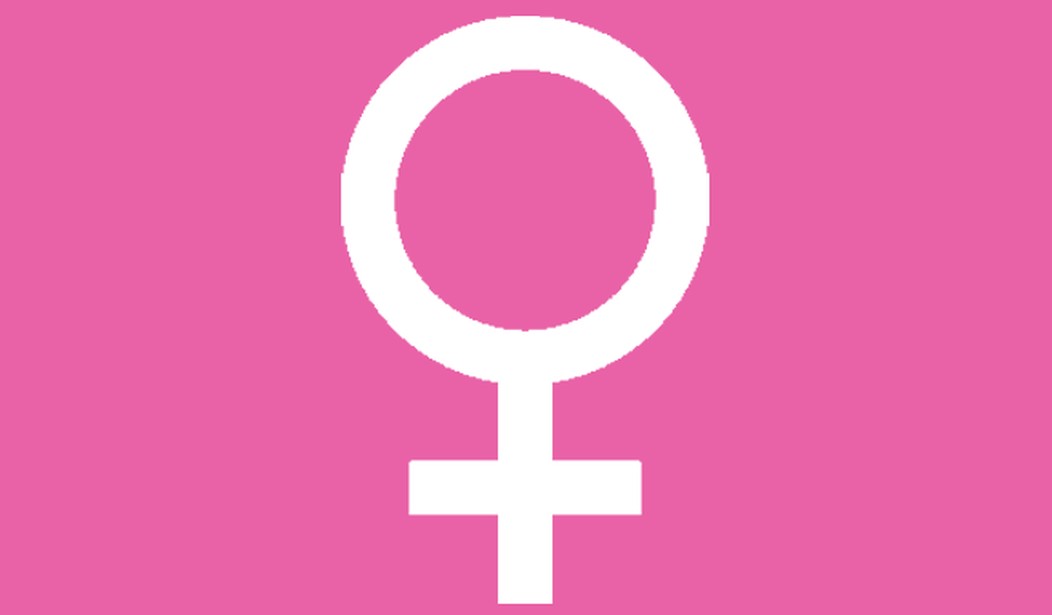
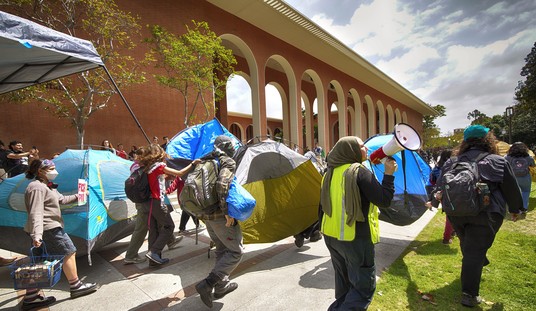
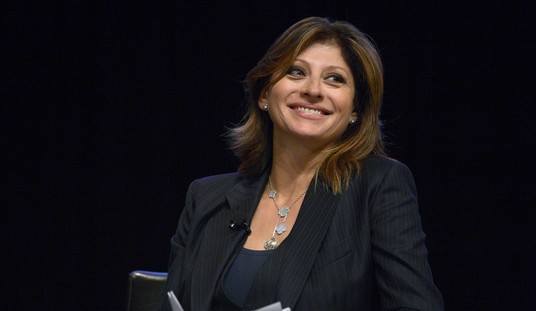

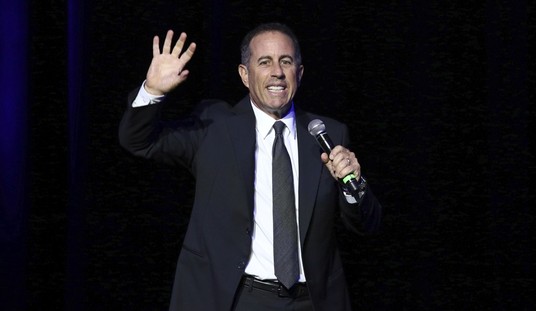

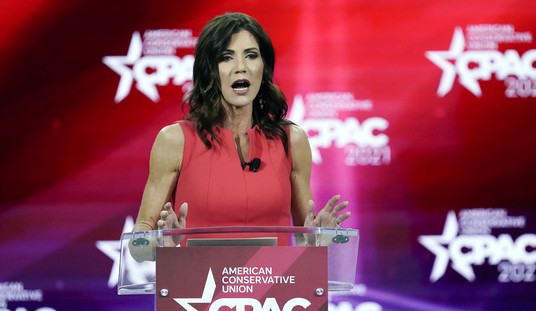



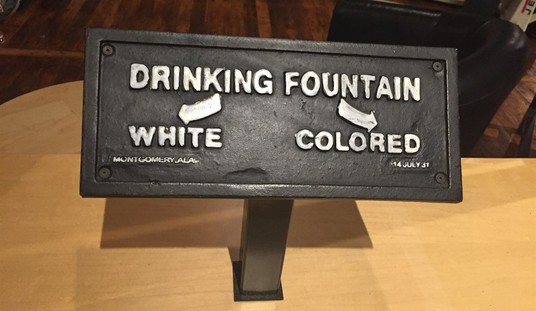



Join the conversation as a VIP Member